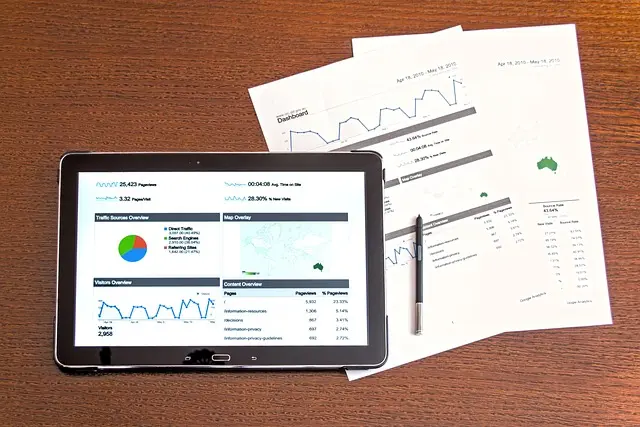In today's complex business environment, small businesses face a myriad of challenges in maintaining compliance, managing risk, and ensuring good governance. To address these issues, many small businesses are turning to Governance, Risk, and Compliance (GRC) software to streamline their operations and improve their overall effectiveness. This complete guide will provide small business owners with a comprehensive overview of GRC software, its benefits, and how it can empower their businesses for success. From understanding the basics of GRC to selecting the right software for your needs, this guide will equip you with the knowledge and tools to effectively implement GRC software in your small business.
What is GRC Software?
GRC software, which stands for governance, risk, and compliance software, is a technology solution designed to help businesses manage and mitigate risk, ensure compliance with regulations and standards, and improve overall governance practices. This type of software is particularly beneficial for small businesses, as it can provide a comprehensive and centralized platform for addressing a wide range of complex and interconnected challenges.
The Importance of GRC Software for Small Businesses
Small businesses often face unique challenges when it comes to managing governance, risk, and compliance. Limited resources and expertise can make it difficult for small businesses to effectively address complex regulatory requirements and evolving risk landscapes. GRC software can help bridge this gap by providing small businesses with the tools and capabilities needed to streamline and automate their GRC processes.
By implementing GRC software, small businesses can gain better visibility into their risk exposure, improve their ability to comply with regulations, and enhance their overall governance practices. This can lead to improved decision-making, increased operational efficiency, and a stronger foundation for sustainable growth and success.
Key Features and Capabilities of GRC Software
When evaluating GRC software for your small business, it's important to consider the key features and capabilities that will best meet your specific needs. Some of the most valuable features to look for include:
Risk Management: GRC software should offer robust risk assessment and management capabilities, allowing businesses to identify, assess, and mitigate potential risks across the organization.
Compliance Management: The software should help small businesses ensure compliance with relevant regulations, standards, and industry best practices, with features such as policy management, audit trails, and compliance reporting.
Policy and Procedure Management: GRC software should provide tools for creating, managing, and communicating policies and procedures throughout the organization, helping to promote a culture of compliance and accountability.
Internal Control Management: The software should enable businesses to establish and monitor internal controls, helping to prevent fraud, errors, and other internal risks.
Incident and Issue Management: GRC software should facilitate the tracking and resolution of incidents and issues related to governance, risk, and compliance, providing a centralized system for recording and addressing issues as they arise.
Reporting and Analytics: The software should offer robust reporting and analytics capabilities, allowing businesses to gain insights into their GRC performance and make data-driven decisions.
Best Practices for Implementing GRC Software
Implementing GRC software effectively requires careful planning and execution. To ensure success, small businesses should consider the following best practices:
Assess Your Needs: Before selecting a GRC software solution, assess your organization's specific governance, risk, and compliance needs, as well as your existing processes and systems.
Engage Stakeholders: Involve key stakeholders in the selection and implementation process, including senior leadership, compliance officers, risk managers, and IT professionals.
Customize and Configure: Tailor the software to meet your organization's unique requirements, customizing workflows, forms, reports, and other features as needed.
Provide Training and Support: Ensure that employees are adequately trained on how to use the GRC software and provide ongoing support to address any questions or issues that arise.
Monitor and Measure: Continuously monitor the performance of the GRC software and use analytics to measure the impact on your organization's governance, risk, and compliance efforts.
Adapt and Improve: Regularly review and adapt your GRC processes and the use of the software to ensure that it continues to meet your evolving needs and challenges.
Choosing the Right GRC Software for Your Small Business
When selecting GRC software for your small business, it's important to consider factors such as the scalability of the solution, its ease of use, the level of support provided by the vendor, and the cost of implementation and maintenance. Look for a solution that aligns with your organization's size, industry, and specific GRC needs, and consider seeking input from industry peers and experts to ensure that you make an informed decision.
By empowering your small business with GRC software, you can streamline and strengthen your governance, risk, and compliance efforts, ultimately driving greater resilience, agility, and success in today's competitive business environment.

